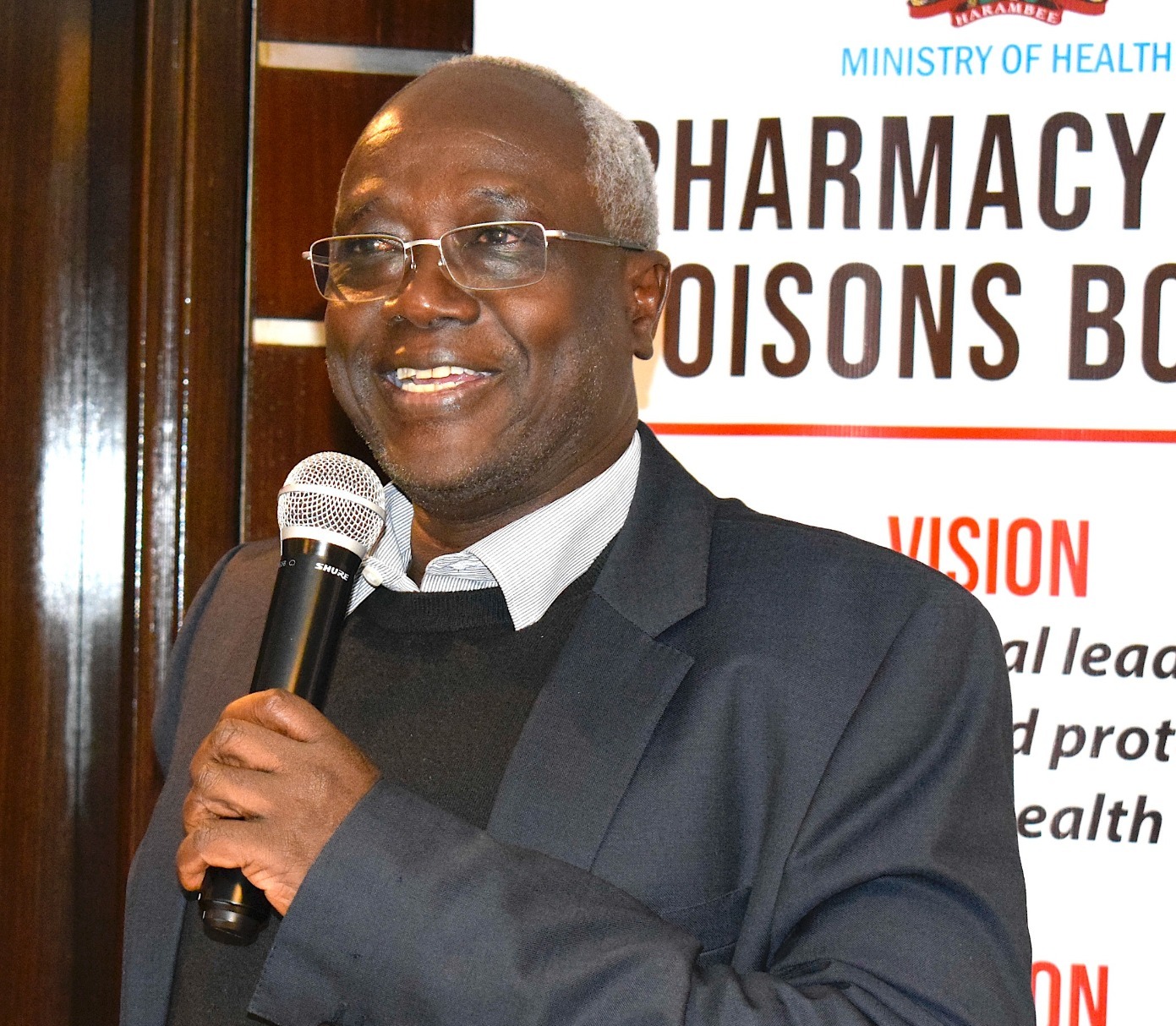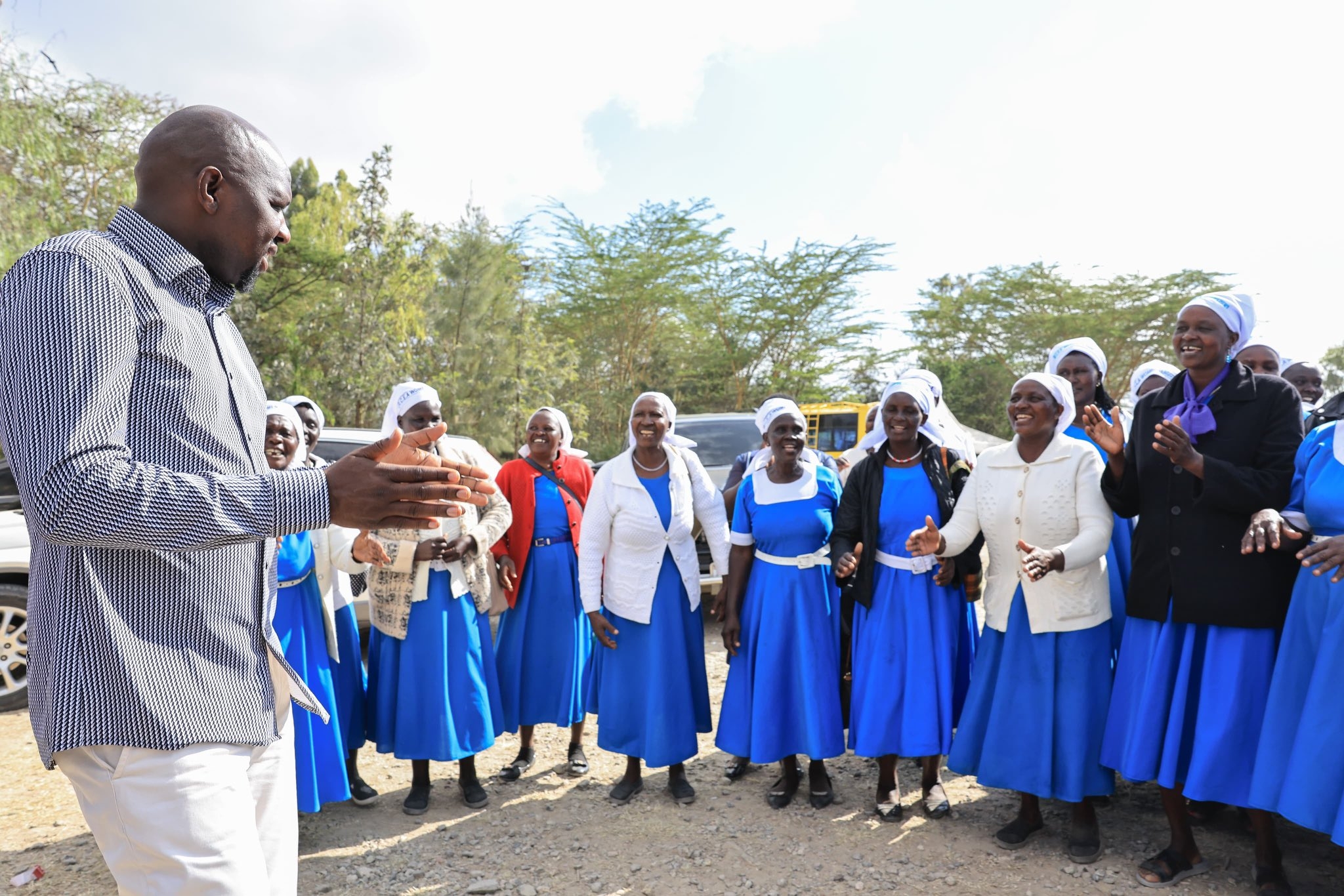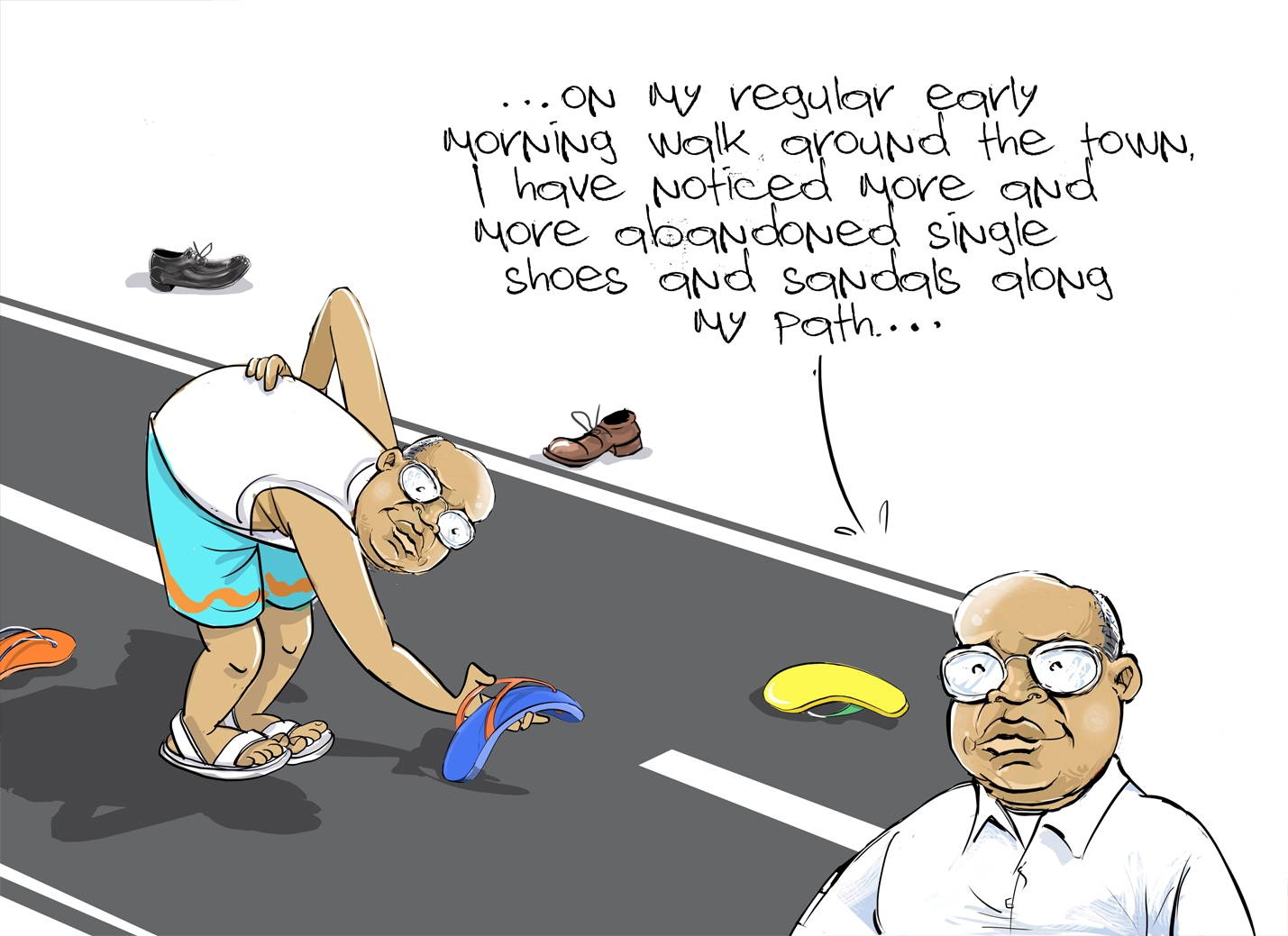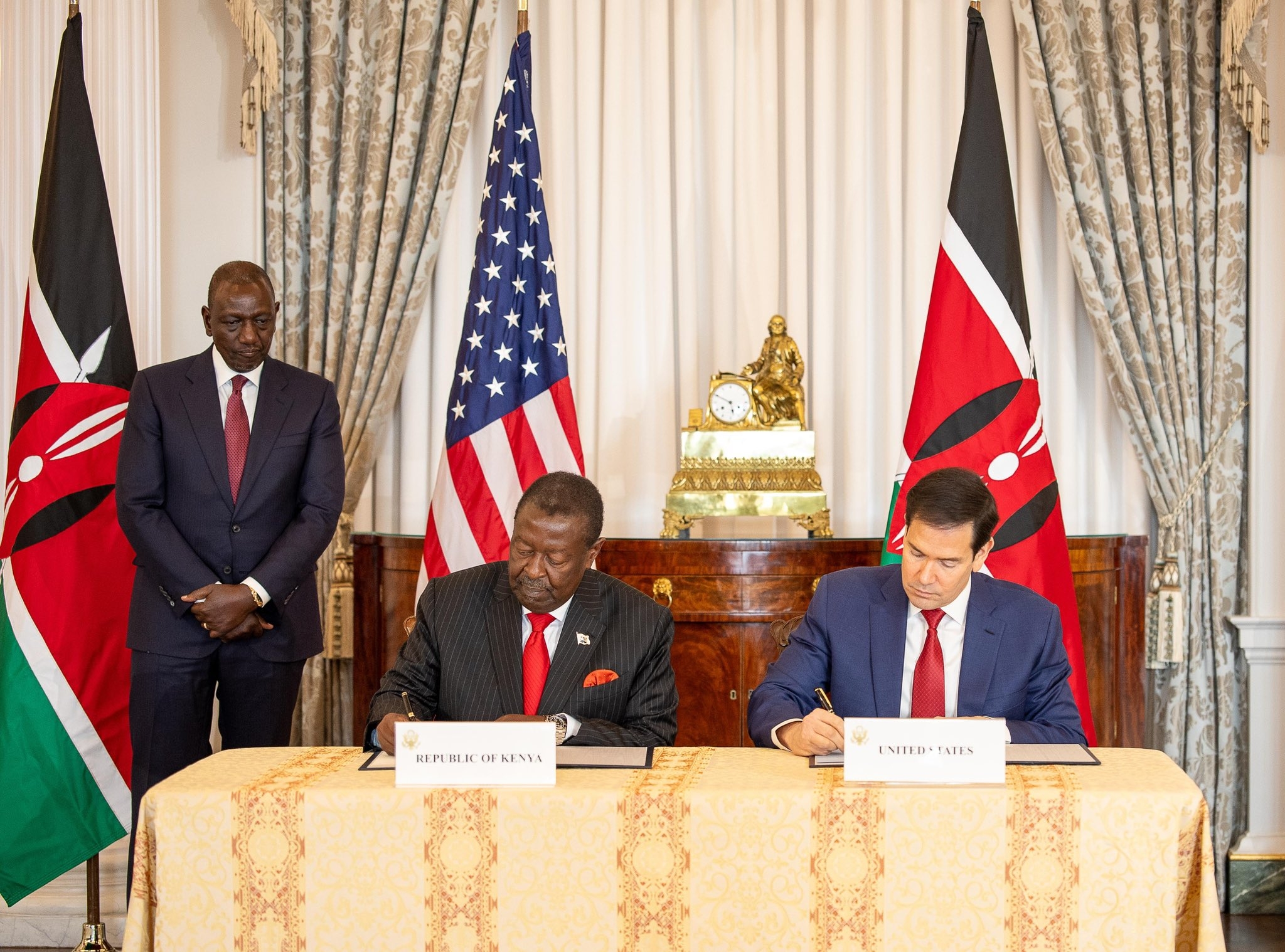
East African countries have been challenged to urgently strengthen regulated pharmaceutical supply chains and intensify joint efforts to curb the trade in illicit health products and technologies.
Pharmacy and Poisons Board (PPB) Chief Executive Officer Dr Fred Siyoi on Thursday warned that the rise in counterfeit, diverted, and illegally imported medicines poses a growing threat to public health, regional security, and economic stability.
Siyoi was speaking during the official opening of the Operation African Star 2 workshop in Nairobi.
“The illicit trade in health products is a transnational crisis that exploits gaps in regulation and coordination. It endangers millions of lives and undermines public confidence in health systems,” Dr Siyoi said.
“No single agency or country can confront this challenge alone—we must move as one.”
He cited the success of Operation African Star 1, held in June 2024, which led to the interception of falsified pharmaceuticals trafficked via small courier parcels.
He credited this to enhanced intelligence-sharing and joint enforcement by agencies across East Africa.
He also highlighted Kenya’s pilot of the Pharmaceutical Authentication and Traceability Program (PATP) as a game-changer in supply chain oversight.
“PATP introduces a digital system that allows regulators to track medicines from production to patient, detect counterfeits in real-time, and respond swiftly through recalls or enforcement,” he said.
“Operation African Star 2 reinforces our commitment to protecting the public from illicit medicines and ensuring access to safe, quality-assured health products and technologies (HPTs).
"To achieve this, we are embracing digitisation, including AI-driven solutions, and accelerating the deployment of a robust track and trace system to strengthen supply chain visibility and integrity across the region,” Siyoi added.
The initiative, aligned with global best practices, is designed to ensure transparency, protect public health, and strengthen regulatory vigilance.
Dr Siyoi emphasised that its success hinges on collaboration between regulators, logistics players, ICT providers, manufacturers, and patients.
Institutions participating in the workshop include the PPB, Uganda’s National Drug Authority, USAID-OIG, the National Association of Boards of Pharmacy (NABP), the International Narcotics Control Board (INCB), GS1, Novartis, and others.
Dr Siyoi called on delegates to break down silos and deepen regional collaboration through joint field exercises, shared data systems, and harmonised regulatory frameworks.
“Let us protect public health, reinforce trust, and make a lasting impact in the fight against illicit medicines,” he concluded.
Mathew Nice from the INCB Secretariat reiterated the importance of multi-agency collaboration—both international and national—in tackling illicit health products.
He underscored the need for intelligence sharing, capacity building, digital monitoring, enhanced investigations, and the use of INCB’s IONICS system.
The multi-agency workshop continues this week with a focus on practical strategies to secure pharmaceutical supply chains and protect consumers across East Africa.
















